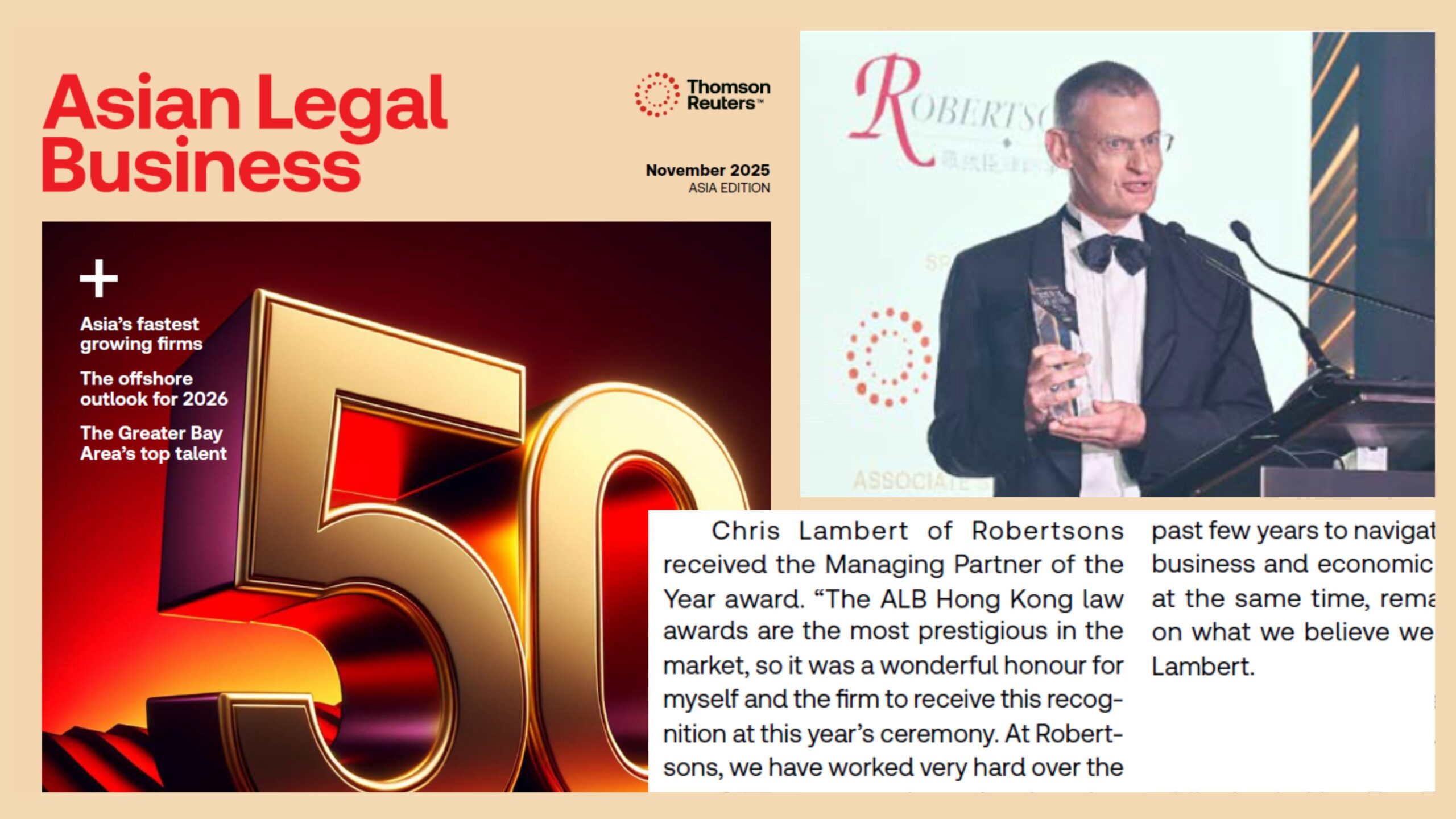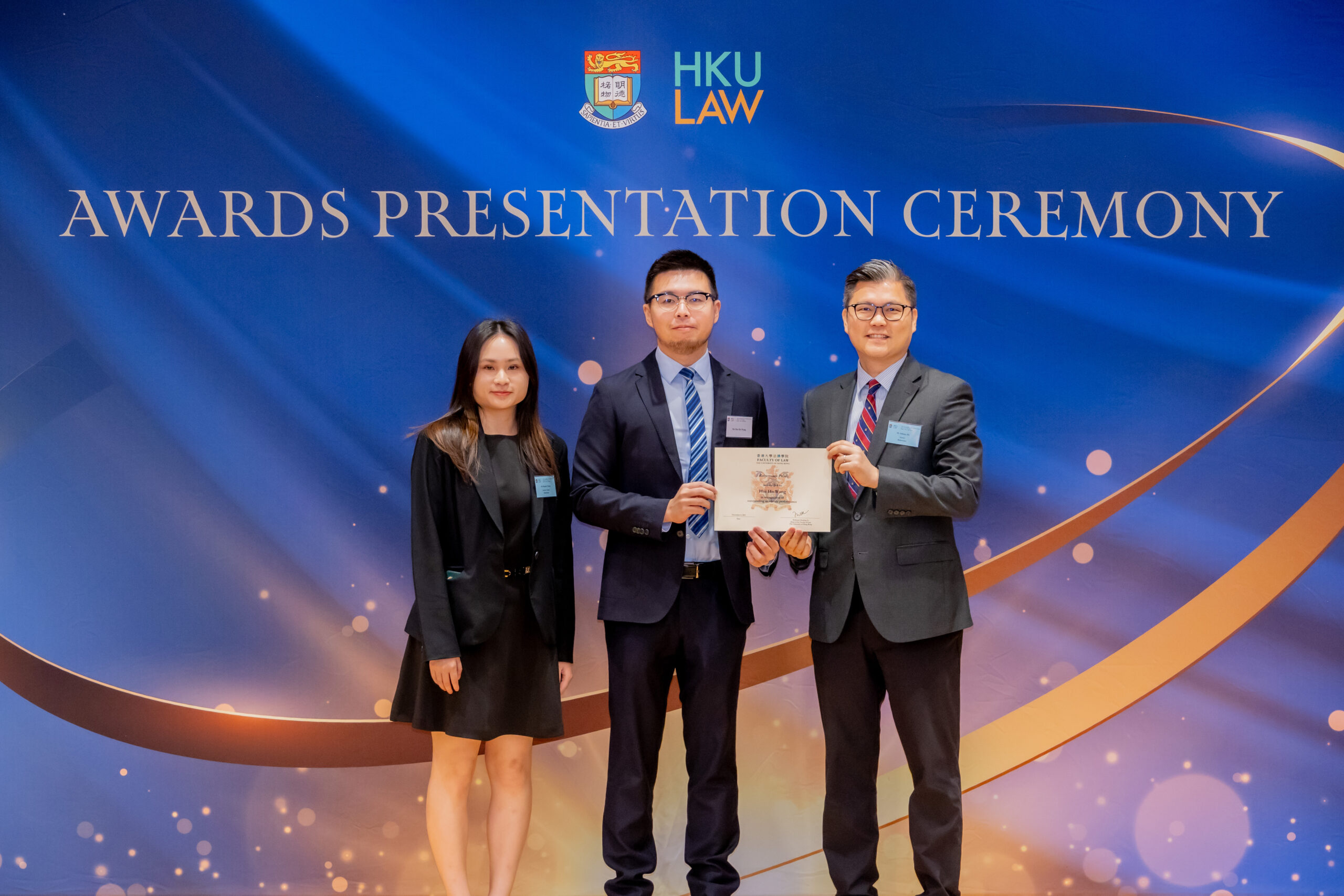Hong Kong Directors’ Fiduciary Duties
February 14, 2017
Feb 14, 2017
A recent case of the Court of Final Appeal, Poon Ka Man Jason v Cheng Wai Tao (2016) 19 HKCFAR 144, addressed the scope of a director’s fiduciary duty to a company and reiterated the importance of directors avoiding conflicts of interest and to act in the best interests of the company.
Background
Since 1996, Ricky Cheng (the 1st Appellant), Jason Poon (the Respondent), Daisy Poon and Shigemitsu Katsuaki, had operated Ajisen Ramen, a chain of Japanese noodle restaurants in Hong Kong. Each of the Ajisen Ramen restaurants were owned and operated by a separate corporate entity, in which Ricky Cheng, Jason Poon, Daisy Poon and Shigemitsu Katsuaki each held differing amounts of shares.
In 2004, Ricky Cheng, Jason Poon, Daisy Poon and Shigemitsu Katsuaki decided to operate sushi restaurants under the trading name of “Itamae”. It was intended that the Itamae restaurants were also to each be owned and operated by a separate corporate entity. Smart Wave Limited (“Smart Wave”) was therefore set up as the operating company of the first Itamae restaurant.
Subsequently, Ricky Cheng began opening other Itamae restaurants, where he appointed himself as the sole shareholder of the operating companies. He also began opening other sushi restaurants under the trading name of “Itacho”.
Jason Poon stated that these restaurant openings went against the agreement between himself, Ricky Cheng, Daisy Poon and Shigemitsu Katsuaki. He therefore commenced legal proceedings against Ricky Cheng claiming that Ricky Cheng had breached his fiduciary duties to Smart Wave.
At the Court of First Instance
At first instance, the Court held that Ricky Cheng, Jason Poon, Daisy Poon and Shigemitsu Katsuaki had not intended for Smart Wave to have exclusive rights to operate Itamae restaurants. Instead, it was intended and agreed that new operating companies would be set up for owning and operating new “Itamae” restaurants. Accordingly, the Court held that Ricky Cheng had not breached his fiduciary duties to Smart Wave.
The Court stated that Ricky Cheng had however breached his fiduciary duties to Smart Wave in respect of opening and operating “Itacho” restaurants that competed with the “Itamae” business. The names of “Itamae” and “Itacho” were very similar and customers may be misled. The Court accordingly awarded damages to Smart Wave for this issue.
At the Court of Appeal
The Court allowed the appeal and overturned the decision of the Court of First Instance that Ricky Cheng had not breached his fiduciary duties to Smart Wave. The Court held that Ricky Cheng’s set up and operation of other Itamae restaurants and Itacho restaurants was a clear breach of his fiduciary duties to Smart Wave, as he was diverting business opportunities from Smart Wave to himself.
At the Court of Final Appeal
The main issue before the Court of Final Appeal was whether Ricky Cheng had breached his fiduciary duties to Smart Wave. He alleged that it was understood by all parties that each Itamae restaurant was to be owned and operated by a separate company, and therefore Ricky Cheng’s fiduciary duties as a director of Smart Wave did not extend to these other separate companies.
In the leading judgment, Spigelman NPJ held that the fiduciary relationship between a director and the company arises from holding the office of director, and does not have a foundation in contract. It did not matter that the other Itamae restaurants fell outside of Smart Wave’s business of operating one restaurant only, as Ricky Cheng owed a fiduciary duty to act in the interests of Smart Wave. By solely setting up and operating other “Itamae” and “Itacho” restaurants, Ricky Cheng was depriving business opportunities from Smart Wave, and this was therefore a breach of his fiduciary duties.
Tang PJ, in his dissenting judgment, disagreed with the Court of Appeal’s and Spigelman NPJ’s decisions. He held that it was clearly agreed between the parties that Smart Wave was set up for the limited purpose of operating one “Itamae” restaurant, with the agreement that subsequent “Itamae” restaurants would be set up by other companies. Ricky Cheng’s fiduciary duties to Smart Wave must be consistent with this agreed purpose and therefore he was not in breach of his duties to Smart Wave by operating other “Itamae” restaurants.
Ultimately, the Court of Final Appeal dismissed the appeal by a 3-2 majority.
In light of the above decision of the Court of Final Appeal, it is apparent that directors must be reminded to avoid all and any conflicts of interest, even if the contracts creating the relevant interests suggest otherwise, and should act in the best interests of the company, as the fiduciary duties they owe to a company stem from the nature of the job itself.
For more information on Employment Law matters, please contact:
Chris Gordon | cgordon@robertsonshk.com | +852 2861 8413
Chris Lambert | clambert@robertsonshk.com | +852 2861 8417
Jennifer Wong | jwong@robertsonshk.com | +852 2861 8318






